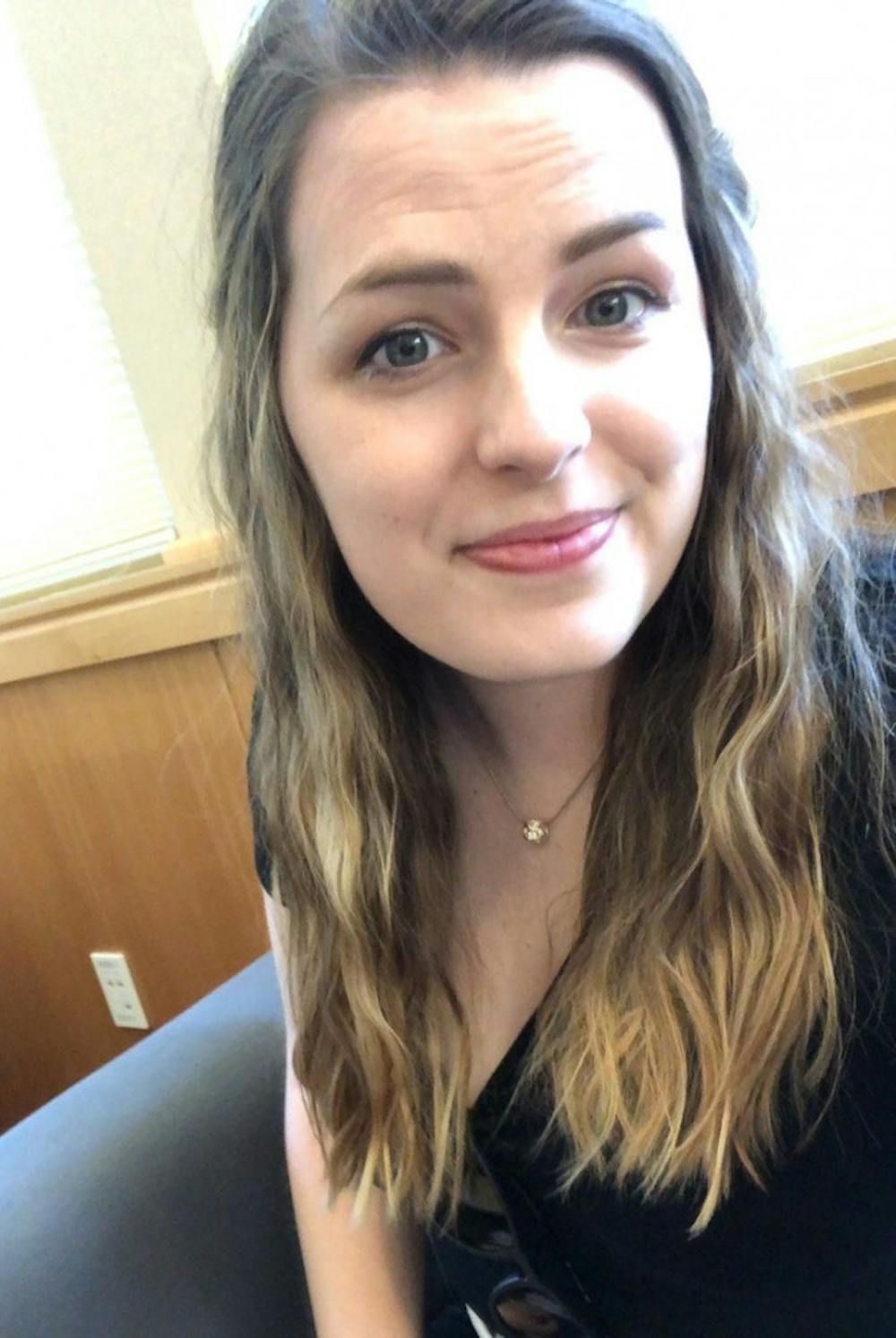The Multiple Engineering Cooperative Program (MECOP) is an Oregon State-based program and a major boasting platform for the engineering school at University of Portland. For those of you unfamiliar with the program, it allows students in some engineering disciplines to have two six-month long internships incorporated into their degree. Students in the program split their senior year into two years. Summer and fall semesters are spent working, and spring semesters are spent at UP.
At first glance, this might sound like an amazing opportunity – and it is. It allows for longer-than-typical internships where most interns are able to undertake much more in-depth and meaningful projects. As with regular internships, it also allows the company to have a trial period with you that could result in a job offer.
Despite these positive aspects of the program, I entered the program unaware of its downfalls. Not knowing exactly what I wanted to do with my computer science degree, I thought this program would give me great insight. What I didn’t realize is that any regular internship would have done the same – without the side effects.
After being accepted into the program, I didn’t realize the lack of input the interns have regarding their job placement. The selection process runs NFL-draft style. I have had numerous peers in the program confide in me that their placements have not been a good fit. I happened to get a great placement for my first internship, but unfortunately, I wasn’t quite as lucky with my second one. Another major problem is that at no point in the interviewing process does MECOP require technical interviews. As a soon-to-be graduate, it worries me that I have never had practice navigating my way through non-behavioral interview questions.
Furthermore, no one warned me about what it would be like coming back to campus after my first internship. Not only was it difficult adjusting back to a student role after working full-time for the last seven months, but I also found it difficult to rekindle friendships with classmates. Because my degree was being stretched out, I ended up having most of my classes with juniors. It made it difficult not getting to interact regularly with the cohort of CS students I had been around the last three years. I continued to struggle as graduation approached. It was very difficult not being able to have those job-offer, cap-decorating, graduation-planning discussions alongside my peers.
The other big downfall to the way UP handles the MECOP students concerns the capstone process. Being that the sub-cohort of engineering students in MECOP students is quite small, it limits the projects that students are able to participate in. In my opinion, capstone projects should allow students to explore areas they are interested in, which unfortunately doesn’t always happen. When the time came to enter the Capstone I course, all MECOP students were tossed into the same group. This made it difficult for me and my all-software team to experience the software-specific capstone flow, especially with an instructor who himself admitted to the class that he had no experience with programming or software engineering. (Not to mention that my internship provided much more realistic and valuable experiences than the project has thus far.)
In the end, while I am grateful for the opportunities MECOP gave me, if I could go back to sophomore year, I would not apply for the program. For me personally, the cons far outweighed the pros. My advice: think carefully before applying for the program. Talk to students in your discipline that are in the program to see if their experience is something that would be compatible for your interests. This program might be great for some people, but I firmly believe it is not the right path for everyone.
Alexa Baldwin is a student at UP and can be reached at baldwina18@up.edu








